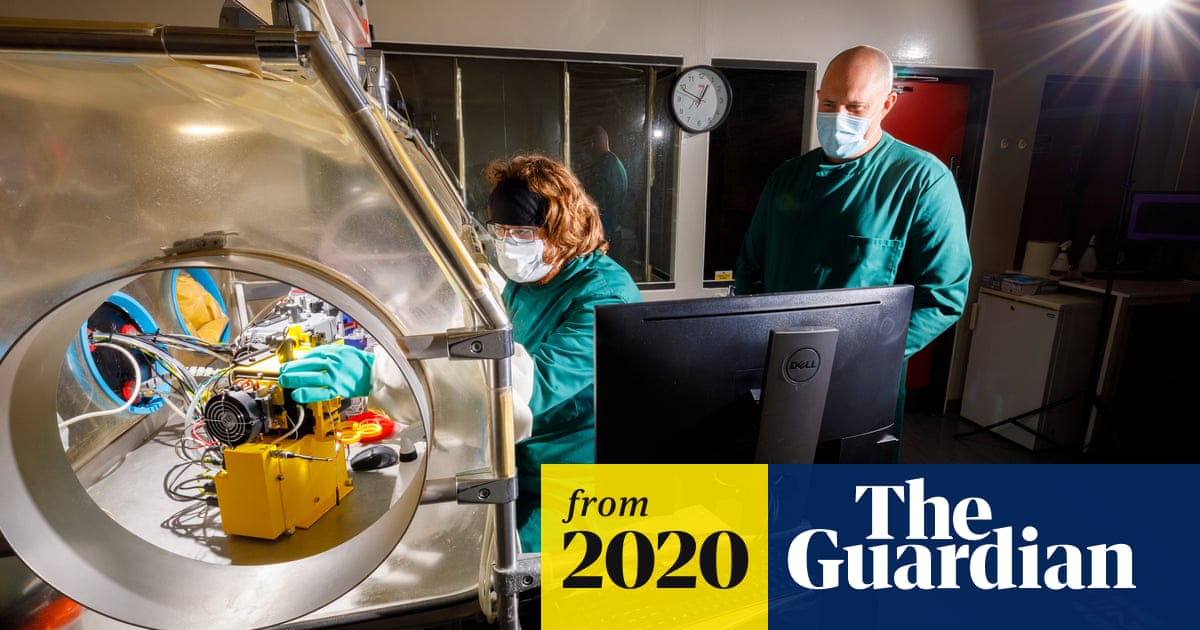Northerner
Admin (Retired)
- Relationship to Diabetes
- Type 1
It is the question scientists around the world are trying to answer: how long can the coronavirus survive in the tiny aerosol particles we exhale? In a high-security lab near Bristol, entered through a series of airlock doors, scientists may be weeks from finding out.
On Monday, they will start launching tiny droplets of live Sars-CoV-2 and levitating them between two electric rings to test how long the airborne virus remains infectious under different environmental conditions.
“It is a very important question,” said Prof Denis Doorly, an expert in fluid mechanics at Imperial College London, who is not involved in the research. “There is now huge interest in what it could take to mitigate the risk of infection in enclosed spaces, in terms of enhanced natural ventilation, or air-scrubbing systems, or UV-C lighting – but this all depends on knowing how much viable virus remains suspended in the air.”

 www.theguardian.com
www.theguardian.com
On Monday, they will start launching tiny droplets of live Sars-CoV-2 and levitating them between two electric rings to test how long the airborne virus remains infectious under different environmental conditions.
“It is a very important question,” said Prof Denis Doorly, an expert in fluid mechanics at Imperial College London, who is not involved in the research. “There is now huge interest in what it could take to mitigate the risk of infection in enclosed spaces, in terms of enhanced natural ventilation, or air-scrubbing systems, or UV-C lighting – but this all depends on knowing how much viable virus remains suspended in the air.”

UK scientists begin study of how long Covid can survive in the air
Researchers will test length of time virus stays infectious in different climatic conditions
